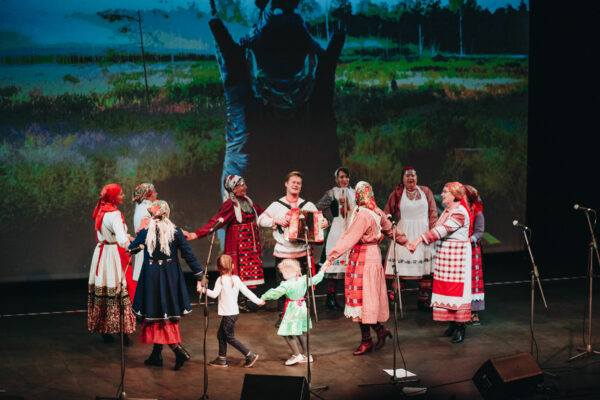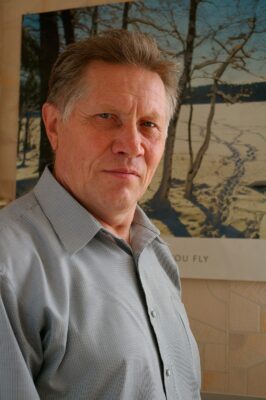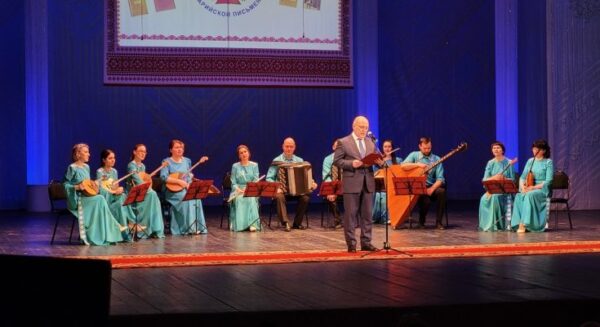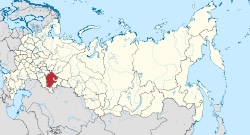Kindred Peoples’ Day celebrated also by Finno-Ugric peoples of Russia
This year, the Kindred Peoples’ Day was celebrated the most powerfully in Mari El, with more than 300 events taking place in all districts and cities of the republic.
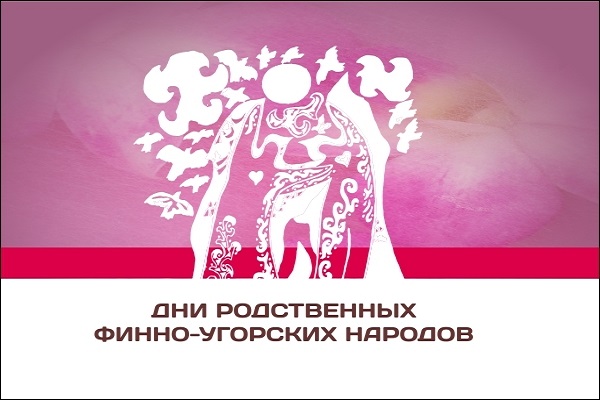
Many quizzes on Finno-Ugric languages and culture were organised, but there were also exhibitions on Finno-Ugric peoples that were open in almost all the central district libraries. Another striking feature of the media was that a great deal of Finno-Ugric fairy tales and poetry were read. There were also individual events, such as the children’s drawing competition ‘The World of Finno-Ugric Fairy Tales’ in the Yoshkar-Ola State Children’s and Youth Library, the concert ‘Finno-Ugric Ways’ in the National Gallery, where Komi, Mari and Hungarian melodies were performed, and the Medvedevo District Cultural Centre, which hosted an evening of Finno-Ugric folklore ‘The Land of Ancestors’. Most of the events, however, were dedicated to their national culture.
In the Komi Republic, the National Children’s and Youth Library was the central venue for the organisation of the Kindred Peoples’ Day, where it was possible to see the Finno-Ugric book exhibition ‘Finno-Ugric Kaleidoscope’, as well as play Finno-Ugric games and board games. It was also possible to learn about Finno-Ugric national dishes, exchange recipes and solve puzzles. Surprise performer, actress and educator Svetlana Malkova taught library visitors how to overcome performance anxiety in front of an audience, reduce nervousness and be more confident. The final concert of the Kindred Peoples’ Day, however, was a concert by Komi folk artist Vassili Rotchev and composer Mikhail Overin, who performed well-known Komi folk tunes.
In the Republic of Karelia, in Petrozavodsk, there was tea and traditional Karelian pies at the House of the Ludes, who also organised a TV bridge with Karelians, Estonians and Vepsians living in Helsinki and Svyatozero village. They congratulated each other on the occasion of the festivities and watched a Karelian-language concert by students of the Finno-Ugric Faculty of the Petrozavodsk State Conservatoire, conducted by Svetlana Nikolayeva, leader of the Istoki ensemble. Participants of the Ludic language courses who attended the concert were presented with new Ludic-Russian and Russian-Ludic dictionaries. The evening ended with a communal song.
In the Republic of Udmurtia, both in the capital city of Izhevsk and in the regional centres, the Fifth International Youth Festival of Finno-Ugric National Culture Palesyan took place from 12–16 October. On 14 October, the Friendship of Nations House in Izhevsk hosted an evening of traditional dances, led by the Udmurt folklore ensemble Ekton Korka, with performances by Juhos from Hungary and, as a surprise, Kadujo from Lithuania.
On 29 October, the cultural centre of Krasnoye, a settlement of the Nenets Autonomous Okrug, hosted the ‘Zapolyarnaya Finnougoria’ (‘Finno-Ugria of the Arctic Circle’) festival, with performances by the Mordovian folklore ensemble Merema, and local bands. A round table on ‘Preservation of the languages and cultures of the Ob-Ugric peoples’ was held at the Central Library of Khanty-Mansiysk, the capital of the Khanty-Mansi Autonomous Okrug, on 28 October, while the results of the 2016 World Congress of Finno-Ugric Peoples in Lahti were discussed on 30 October. The Ob-Ugric Youth Association celebrated its 20th anniversary during the Kindred Peoples’ Days.
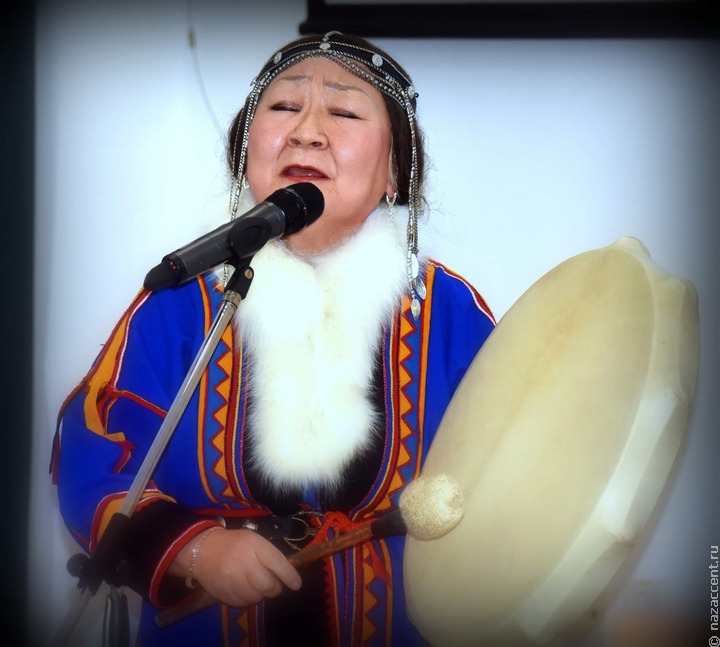
The Finno-Ugric Culture Centre in Syktyvkar, which usually celebrates the Kindred Peoples’ Day, did not hold its own celebrations this year, but it did help organise festivities in Szolnok and Budapest. Well-known Nenets artists Tatyana Lar, Yelena Ufimtseva and Valentin Valgamov from Salekhard travelled to Hungary to carry out the celebrations. In addition to the lecture and concert, the event included a presentation of national dishes, a workshop and films.
To sum up, the Finno-Ugric peoples of Russia do celebrate the Kindred Peoples’ Day, but most of the events are dedicated to their mother tongue and national culture rather than kinship ideas. Of course, there could be more events uniting Finno-Ugric peoples. It was sad that the Mordovians, who have been talking about the cultural importance of cooperation between Finno-Ugric peoples for the past decade, did not respect the traditional, nearly a century-old tradition and did not organise a Kindred Peoples’ Day celebration. None of Russia’s Finno-Ugric societies or state institutions congratulated other Finno-Ugric peoples on the occasion of the Kindred Peoples’ Day.
